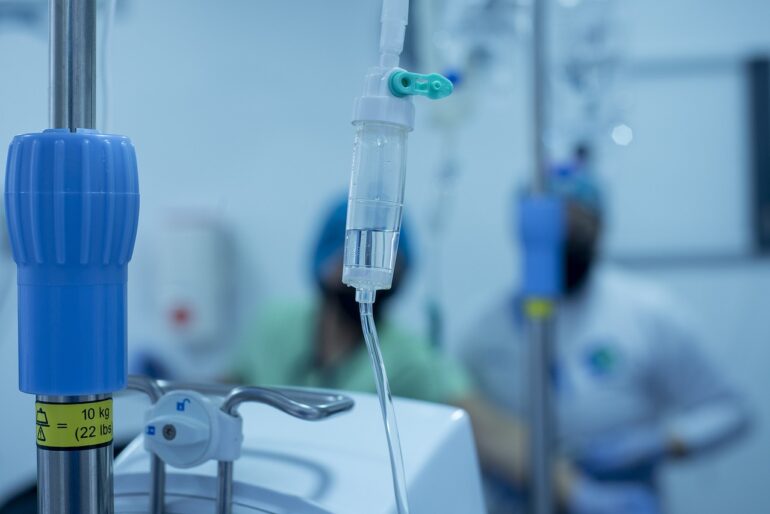TL;DR:
- “Brave AI” AI software to predict patient risk and reduce hospital admissions.
- Expansion to 30 doctors’ practices in South West for proactive care.
- Algorithm-based pattern recognition minimizes emergency call-outs.
- Enables personalized support, including remote monitoring and health apps.
- A successful pilot program reduces resident falls, ED visits, and ambulance call-outs.
- NHS director highlights the importance of AI tools in easing hospital pressure.
- Potential for widespread adoption in all South West GP practices.
Main AI News:
Artificial intelligence (AI) is set to revolutionize healthcare in the South West, offering a promising solution to predict and prevent unplanned hospital admissions. The innovative “Brave AI” system is poised to make a significant impact as it expands its reach to 30 doctors’ practices throughout the region.
Harnessing the power of cutting-edge algorithms, the “Brave AI” system delves into patients’ records, meticulously identifying patterns that indicate a heightened risk of emergency medical situations. This proactive approach allows support services to intervene promptly, offering personalized care that aims to curtail the necessity for hospitalization.
The system’s expansion now encompasses GP practices in Gloucestershire, Wiltshire, Somerset, North Somerset, Dorset, Devon, and Cornwall. This groundbreaking initiative enables nurses, pharmacists, therapists, and doctors to extend tailored support, including the provision of remote health monitors and health condition self-reporting apps.
The journey of “Brave AI” began with a successful pilot scheme, where NHS Somerset joined forces with the North Sedgemoor Primary Care Network (PCN) to analyze data from over 500 care home residents. The outcomes were impressive, with a 35% reduction in resident falls, a 60% decrease in emergency department visits, and an 8.7% drop in ambulance call-outs.
Dr. Vin Diwakar, NHS director for transformation, emphasized the significance of these measures, stating, “These measures not only keep some of the most vulnerable patients out of the hospital but also facilitate crucial conversations with patients who may not typically engage with their GP. This allows for the early detection of health conditions that might otherwise go unnoticed, ultimately enhancing our capacity for early intervention.”
As we enter December, with hospitals already facing considerable pressure, the implementation of such tools becomes imperative to alleviate admissions and ensure efficient healthcare delivery. If the ongoing rollout proves successful, this transformative AI technology is poised to become an integral part of healthcare across all GP practices in the South West, heralding a new era in patient care and hospital resource management.
Conclusion:
The introduction of AI-powered healthcare through “Brave AI” signifies a pivotal shift in the South West market. This innovative solution not only enhances patient care but also offers cost-effective methods to manage hospital resources efficiently, addressing the pressing challenges faced by the healthcare industry.

